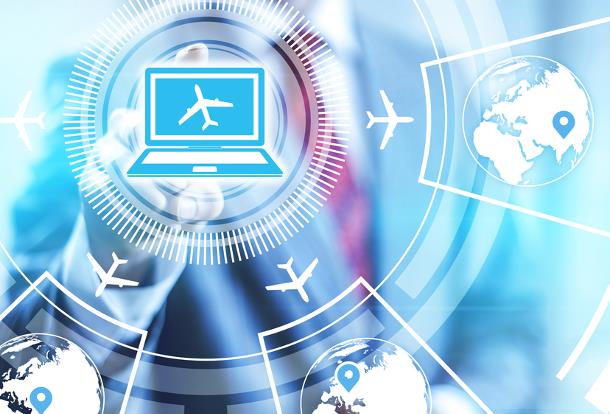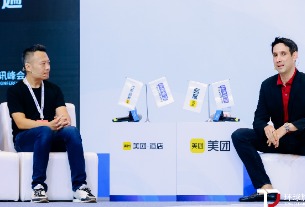On May 21, the inaugural Travel Tech Con, a not-for-profit conference, was held in downtown San Francisco for a group of 200 attendees. According to co-founder Marina Janeiko, the goal behind the event is to educate the travel tech community about emerging technology and help create opportunities within the industry.
Opportunity was a key theme throughout the conference — specifically the idea that there are huge opportunities in travel tech, and so far, the industry is lagging in taking advantage of them.
A pitch competition was held the night before the conference. Seventeen startups each had three minutes to pitch their concept to a team of six judges. The winners were announced at the end of the conference.
Though the judges made their decisions independently, two startups were the big winners. Axus Travel App, a collaborative itinerary management app for travel advisors, was awarded two prizes, andBeyond Pricing, a dynamic pricing tool for vacation rentals, took home four prizes.
The conference kicked off with Tyco technical leader Divya Jain highlighting emerging tech — 3D-printing, artificial intelligence, the internet of things, cloud computing, virtual reality — and stressing the potential for innovation in travel. Those two concepts, innovation and potential, were the watchwords for the event.
According to Mohammad Gaber, Adobe’s head of global industry strategy and marketing, the travel industry is at the end of a wave of innovation, but it is poised for another big wave. He likened this potential wave to the water secured behind a dam, waiting to spill out, and bring millions of jobs by 2025.
Part of getting there, he said, will be expanding innovation beyond the current slice of the marketing funnel that it currently focuses on — the discovery, planning and booking stages — and expanding to the experiencing, sharing and reliving, and retention and win-back stages.
Gadi Bashvitz, founder and CEO of Olset, built on this message. The last ten years, he said, have been about bringing hotels online, but the next ten years will be about personalizing recommendations.
As Bashvitz explained, personalization is powerful—he cited that 35% of Amazon purchases are based on recommendations and conversion is 916% higher—but it’s lacking in travel. He gave the example of his own experience booking on Expedia.
Over 36 months, he booked the same business trips every month, flew the same airline and stayed at the same hotels, yet his search results were never personalized to reflect that history.
“We spend a lot of money at the top of the funnel, but these funnels are ridiculous leaky,” Bashvitz said. To plug up those leaks, he says the industry need to get better at understanding the traveler and personalizing results.
All but a small percentage of people book hotels on the first page of results, so if the right option isn’t shown on the first page, the customer looks elsewhere.
For Bashvitz, personalization is just the beginning. He also introduced the concept of using AI for “zero-step booking.” Once the user puts a trip on his or her calendar, an app should be able to use past behavior to book the preferred flight and hotel for that trip.
In another session Peter Wilkins, founder and CEO of Emergent VR, talked about applications for VR in travel, including in planning and researching destinations and in capturing and sharing experiences.
One attendee asked if Wilkins foresaw real-world travel being impacted by VR. “If I could teleport myself to the top of the Eiffel Tower and feel like I’m there, why would I spend four hours waiting in line?”
Yes, Wilkins conceded, but so far VR leaves out the senses of touch, smell and taste, making it no substitute for the real thing.
In an echo of Mohammad Gaber’s earlier statements about the next wave of innovation having not yet started, Wilkins made it clear that while VR is here, it hasn’t hit its potential. So far, he said “there hasn’t been a ‘this is why you get VR’ app.”
Read original article




